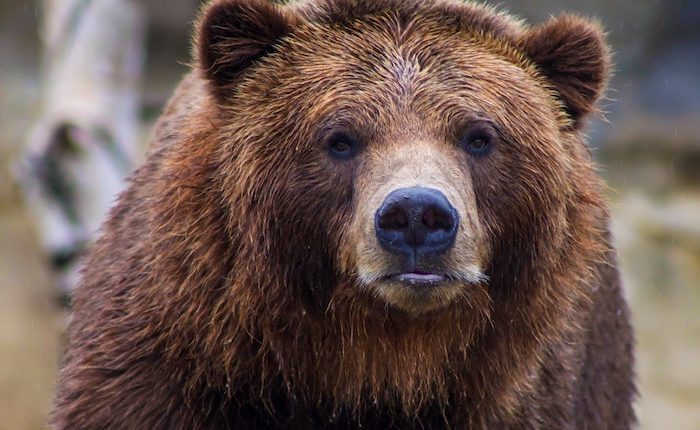Into the Wild: Camping Near Bears and Staying Safe
The sun was setting on a beautiful summer evening as our group of friends set up camp near the edge of the forest. We were excited to spend the weekend in the wilderness, but there was a lingering concern in the back of our minds: what if we encountered a bear?
Camping near bears can be a nerve-wracking experience, but with the right preparation and knowledge, it can also be a safe and enjoyable experience. In this blog post, we’ll share some tips for camping near bears and staying safe in the wilderness.
The Importance of Knowing Bear Behavior
Before setting out on a camping trip near bears, it’s important to understand their behavior. This will help you avoid encounters with bears and ensure that you stay safe in the wilderness.
Bears are typically shy and try to avoid human contact whenever possible. However, when they feel threatened or are looking for food, they may become aggressive. Understanding the signs of a bear encounter and knowing how to react can be critical in avoiding danger.
For example, if you see a bear from a distance, it’s important to give it plenty of space and slowly back away. Never approach a bear, and avoid getting between a mother bear and her cubs. If a bear approaches you, make yourself appear larger by standing on your tiptoes, spreading your arms wide, and making noise. This can often scare off the bear and give you time to retreat to a safe location.
Proper Food Storage
Bears have a keen sense of smell and are attracted to food. In order to avoid attracting bears to your campsite, it’s important to store food properly.
One of the most effective ways to store food is to use a bear-resistant canister. These canisters are designed to be difficult for bears to open and can help keep your food safe. They are also required in some areas, so be sure to check the regulations for the area you’ll be camping in.
If you’re unable to use a bear-resistant canister, store your food in airtight containers and keep them away from your sleeping area. Never store food in your tent, as bears can easily break in and cause harm.
Make Noise
Bears are often scared off by noise, so make sure to make plenty of noise while hiking or walking around the campsite. Talking, singing, or clapping your hands can alert bears of your presence and help prevent an encounter.
It’s also important to be aware of your surroundings while making noise. If you’re hiking in a densely forested area, for example, make sure to make extra noise around blind corners or areas with low visibility.
Carry Bear Spray
Bear spray is a powerful deterrent that can help protect you in case of a bear encounter. It’s important to carry bear spray with you at all times and know how to use it properly.
When using bear spray, make sure to aim for the bear’s face and spray in short bursts. Be aware of the wind direction, and avoid spraying the spray directly into the wind. Bear spray is a last resort, and it’s important to try to avoid an encounter with a bear whenever possible.
Respect the Environment
Bears are an important part of the natural ecosystem, and it’s important to respect their habitat. Never leave trash or food scraps lying around, and avoid disturbing bear habitats.
If you’re camping in an area with bear sightings, consider camping in a designated camping area. These areas are often monitored by park rangers and have a lower chance of bear encounters.
Conclusion
Camping near bears can be a safe and enjoyable experience with the right preparation and knowledge. By understanding bear behavior, properly storing food, making noise, carrying bear spray, and respecting the environment, you can ensure a safe and enjoyable camping experience. Remember, the key to staying safe while camping near bears is to be aware of your surroundings, take necessary precautions, and respect the natural environment.
By following these tips and being mindful of bear behavior, you can reduce the likelihood of a bear encounter and have a safe and unforgettable camping experience. So get out there, explore the wilderness, and enjoy the beauty of nature – while staying safe and smart.

